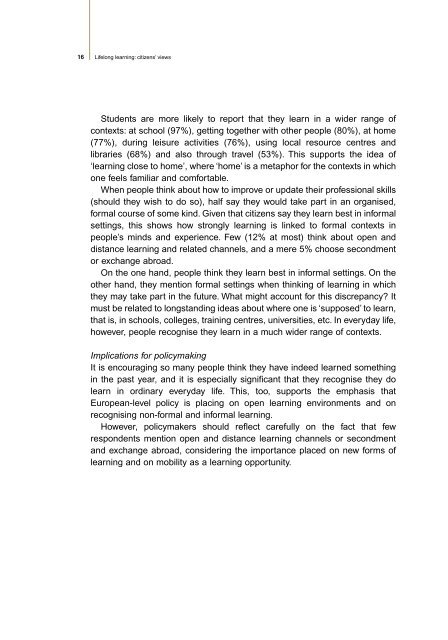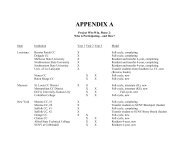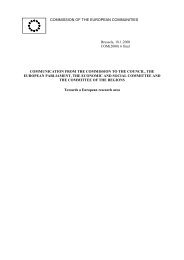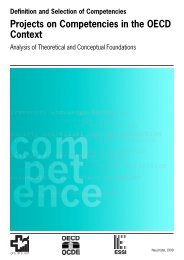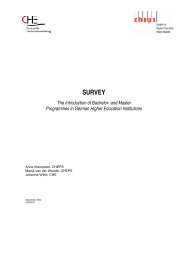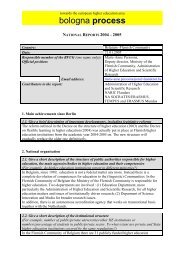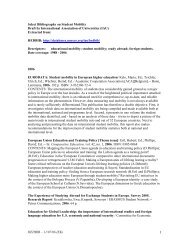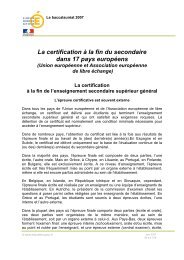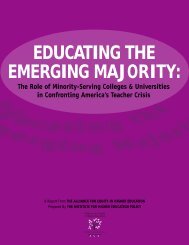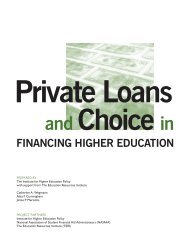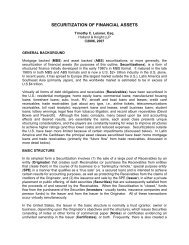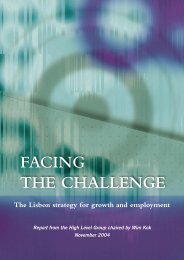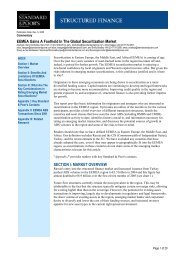Lifelong learning: citizens' views - European Commission - Europa
Lifelong learning: citizens' views - European Commission - Europa
Lifelong learning: citizens' views - European Commission - Europa
Create successful ePaper yourself
Turn your PDF publications into a flip-book with our unique Google optimized e-Paper software.
16<strong>Lifelong</strong> <strong>learning</strong>: citizens’ <strong>views</strong>Students are more likely to report that they learn in a wider range ofcontexts: at school (97%), getting together with other people (80%), at home(77%), during leisure activities (76%), using local resource centres andlibraries (68%) and also through travel (53%). This supports the idea of‘<strong>learning</strong> close to home’, where ‘home’ is a metaphor for the contexts in whichone feels familiar and comfortable.When people think about how to improve or update their professional skills(should they wish to do so), half say they would take part in an organised,formal course of some kind. Given that citizens say they learn best in informalsettings, this shows how strongly <strong>learning</strong> is linked to formal contexts inpeople’s minds and experience. Few (12% at most) think about open anddistance <strong>learning</strong> and related channels, and a mere 5% choose secondmentor exchange abroad.On the one hand, people think they learn best in informal settings. On theother hand, they mention formal settings when thinking of <strong>learning</strong> in whichthey may take part in the future. What might account for this discrepancy? Itmust be related to longstanding ideas about where one is ‘supposed’ to learn,that is, in schools, colleges, training centres, universities, etc. In everyday life,however, people recognise they learn in a much wider range of contexts.Implications for policymakingIt is encouraging so many people think they have indeed learned somethingin the past year, and it is especially significant that they recognise they dolearn in ordinary everyday life. This, too, supports the emphasis that<strong>European</strong>-level policy is placing on open <strong>learning</strong> environments and onrecognising non-formal and informal <strong>learning</strong>.However, policymakers should reflect carefully on the fact that fewrespondents mention open and distance <strong>learning</strong> channels or secondmentand exchange abroad, considering the importance placed on new forms of<strong>learning</strong> and on mobility as a <strong>learning</strong> opportunity.


